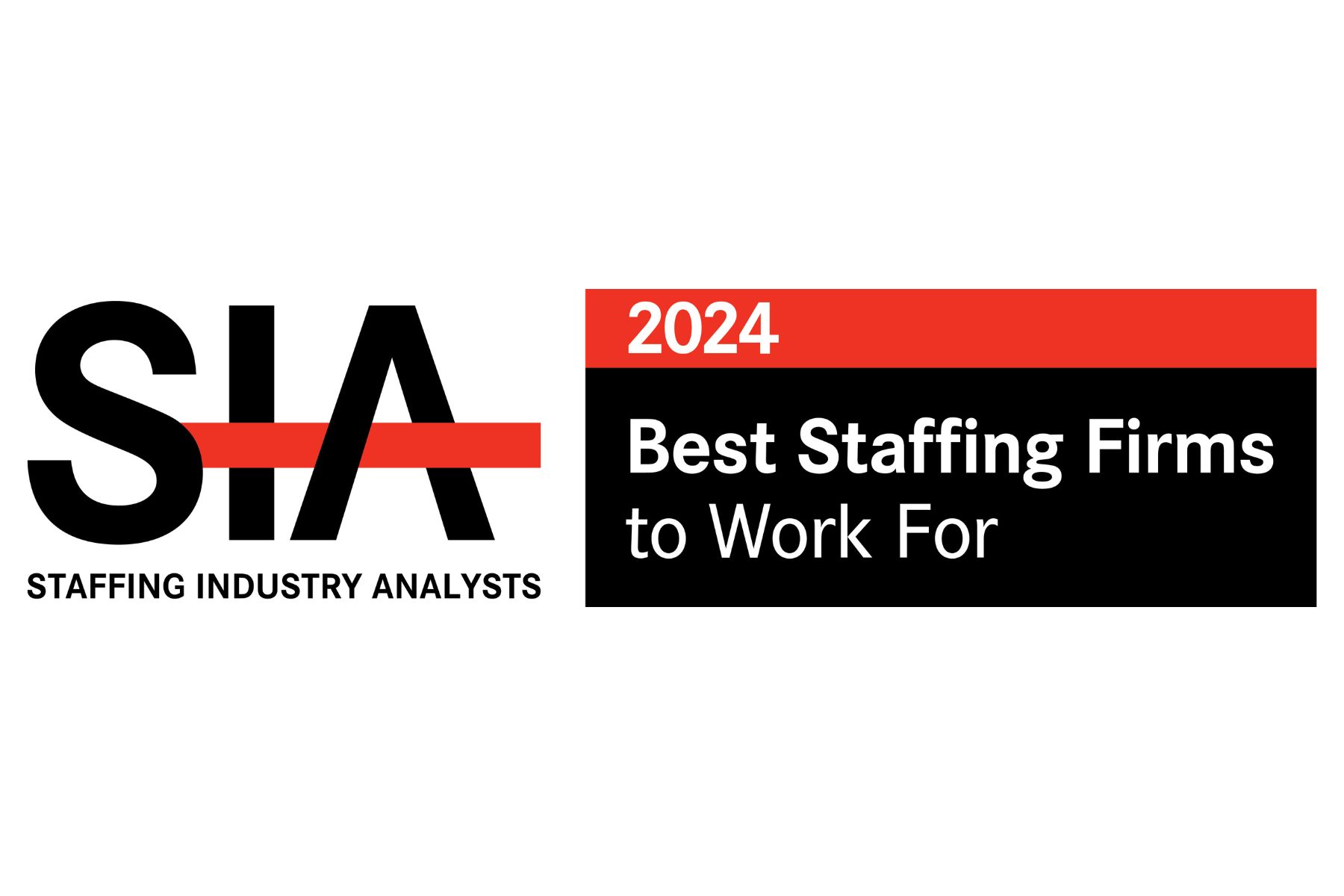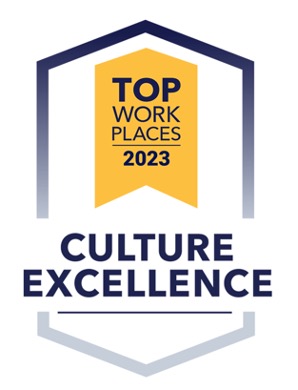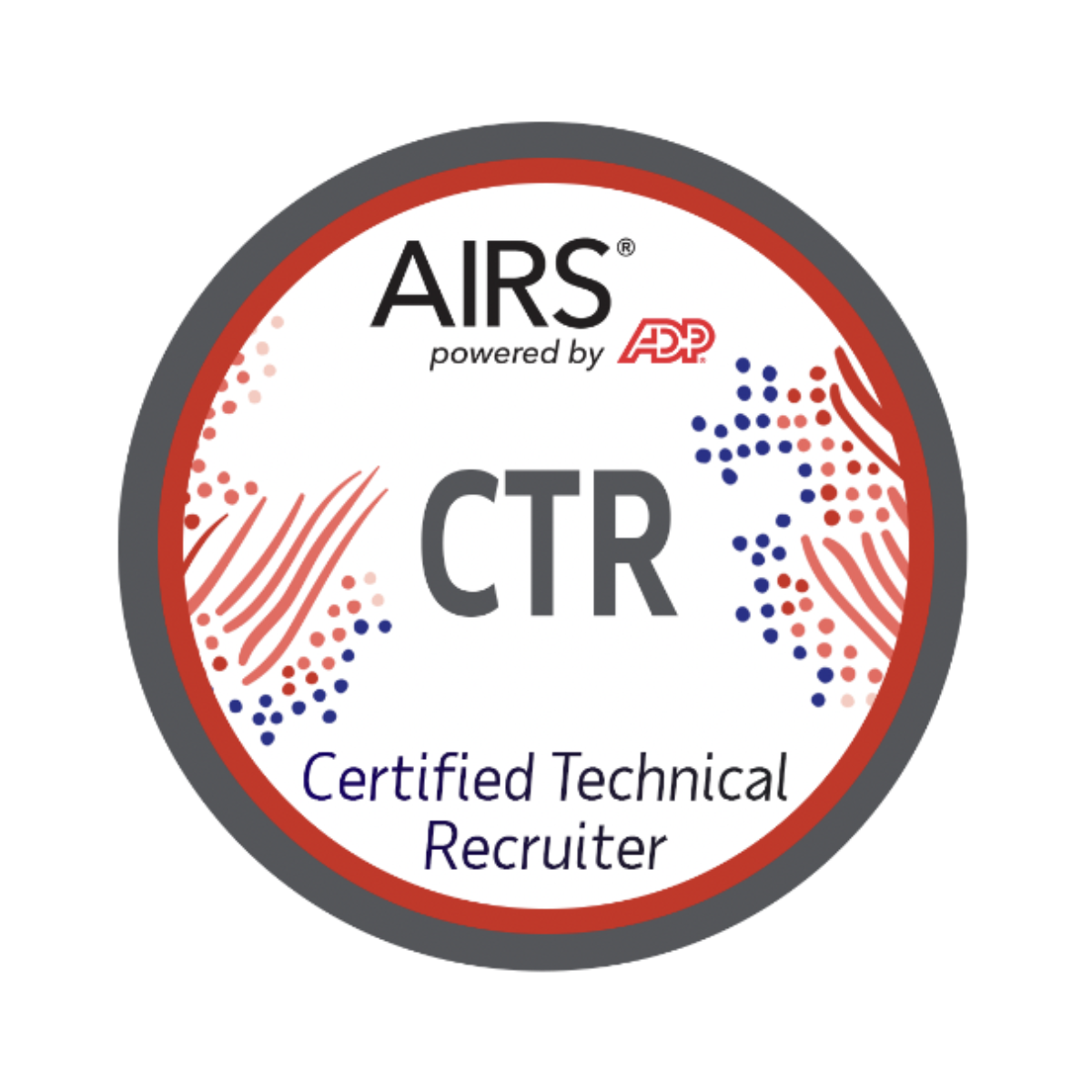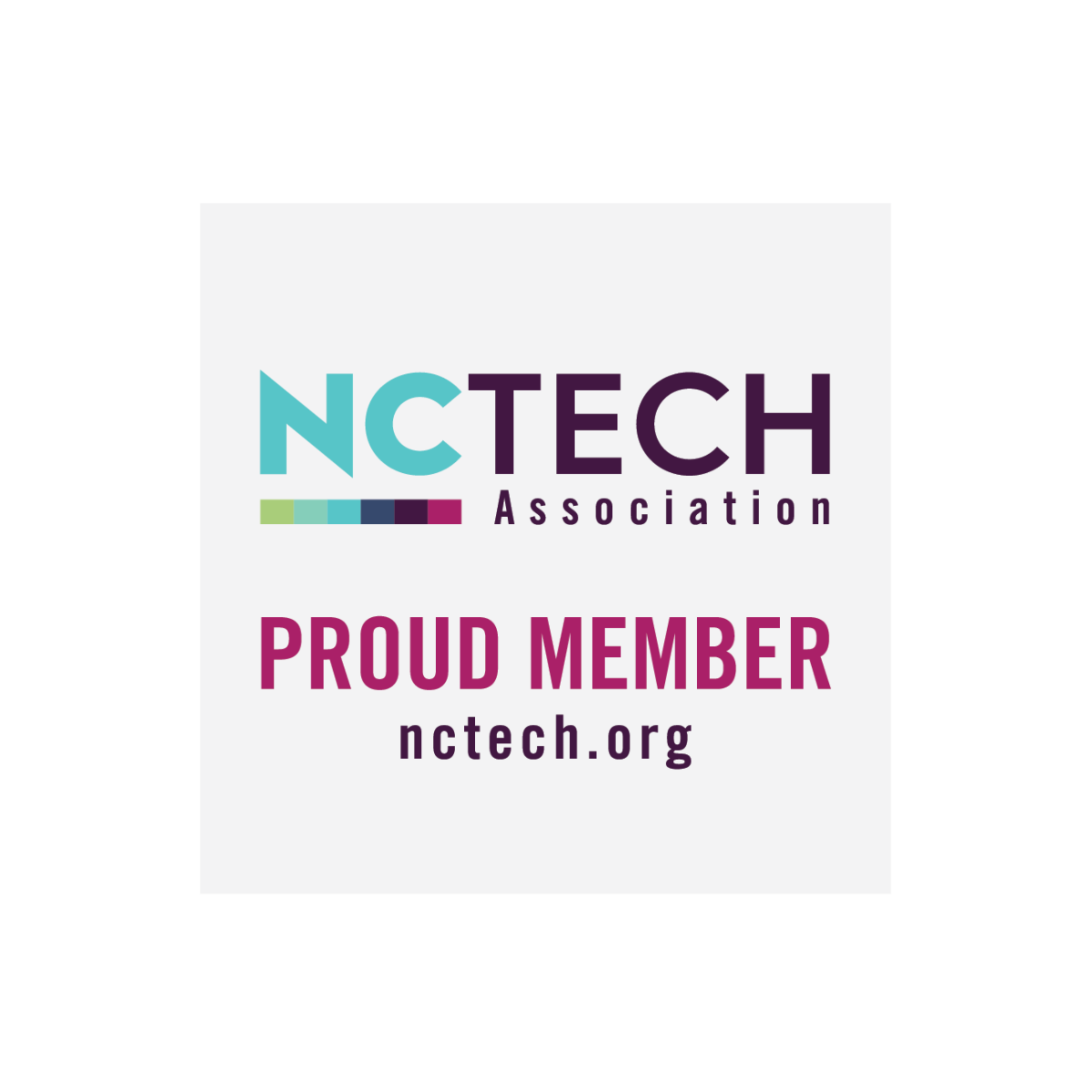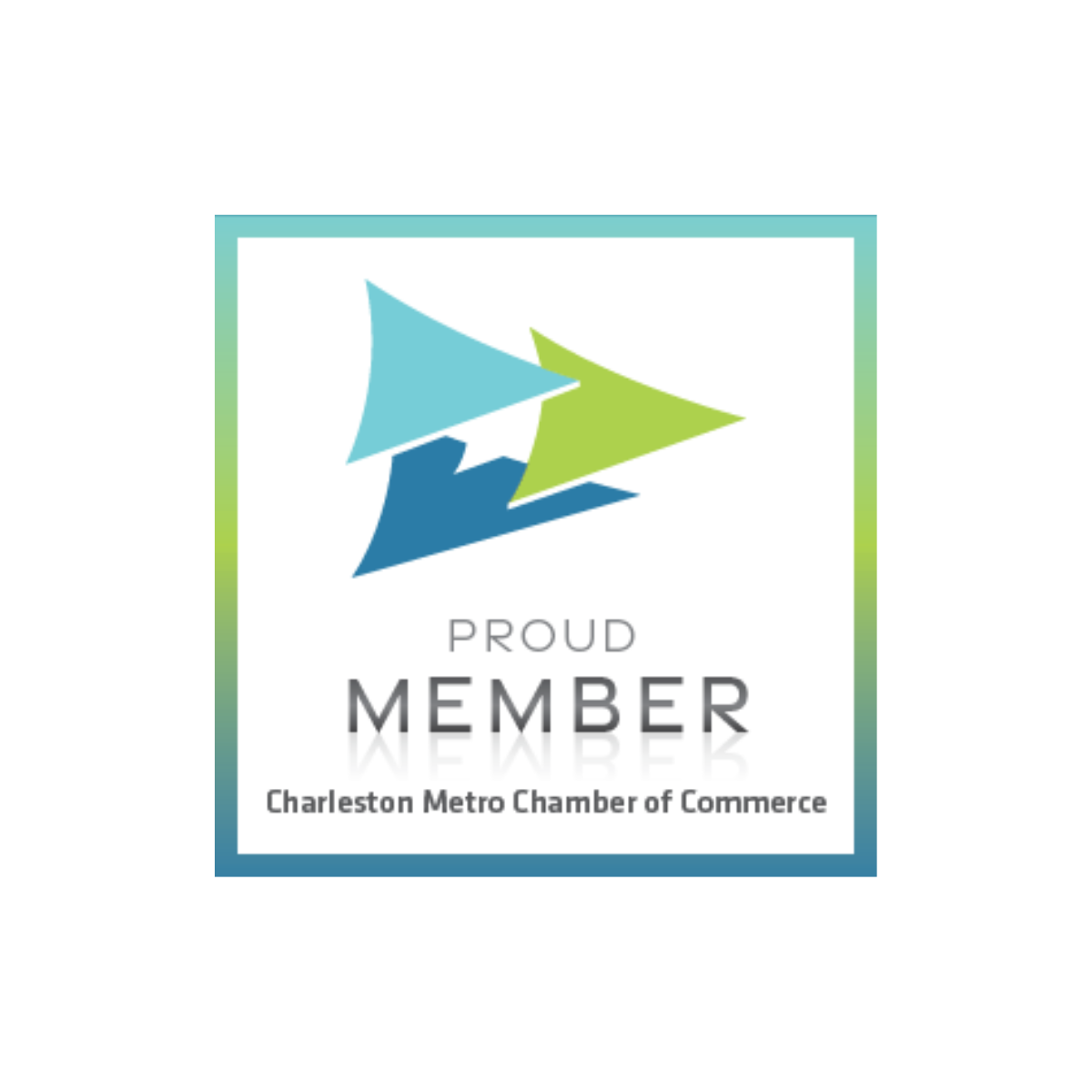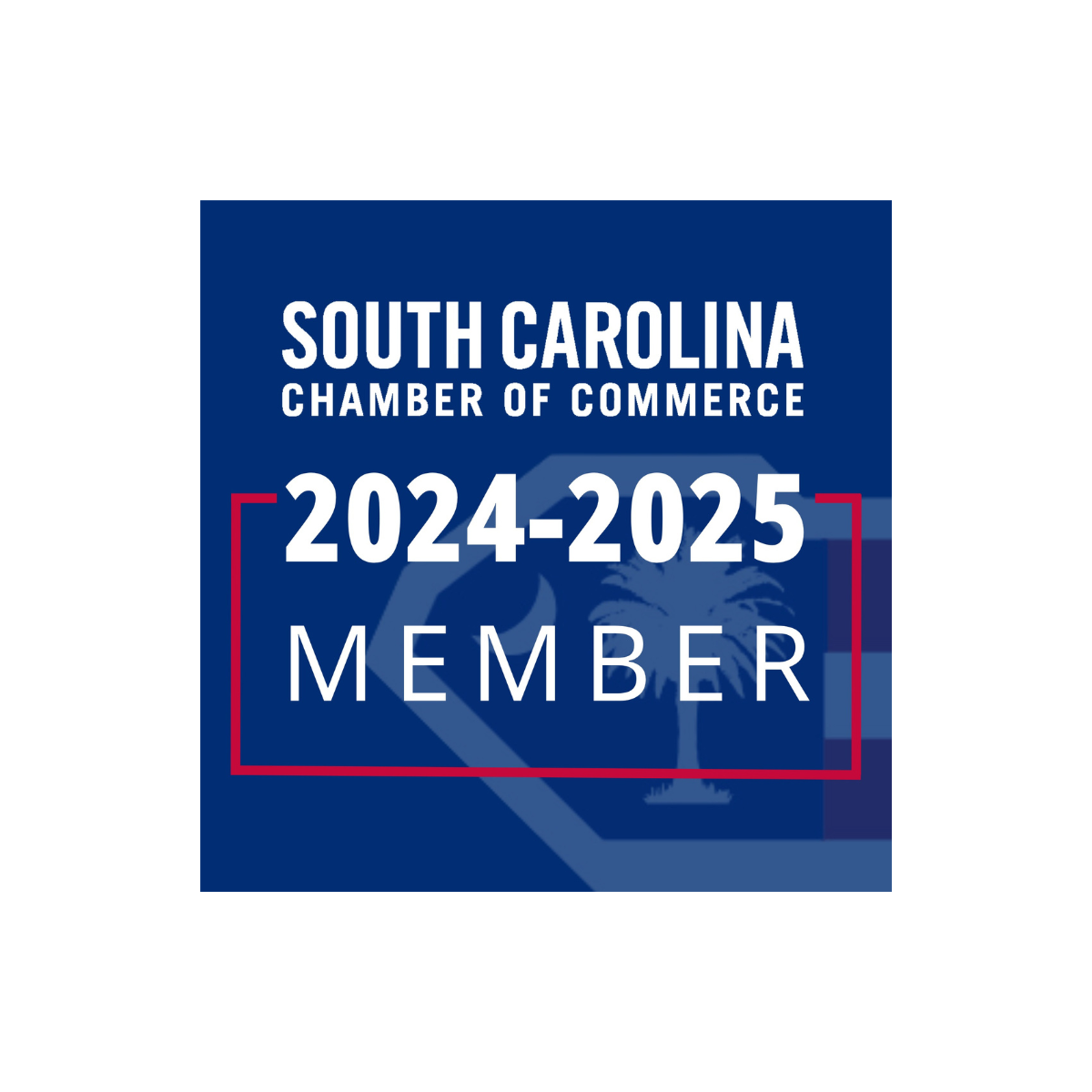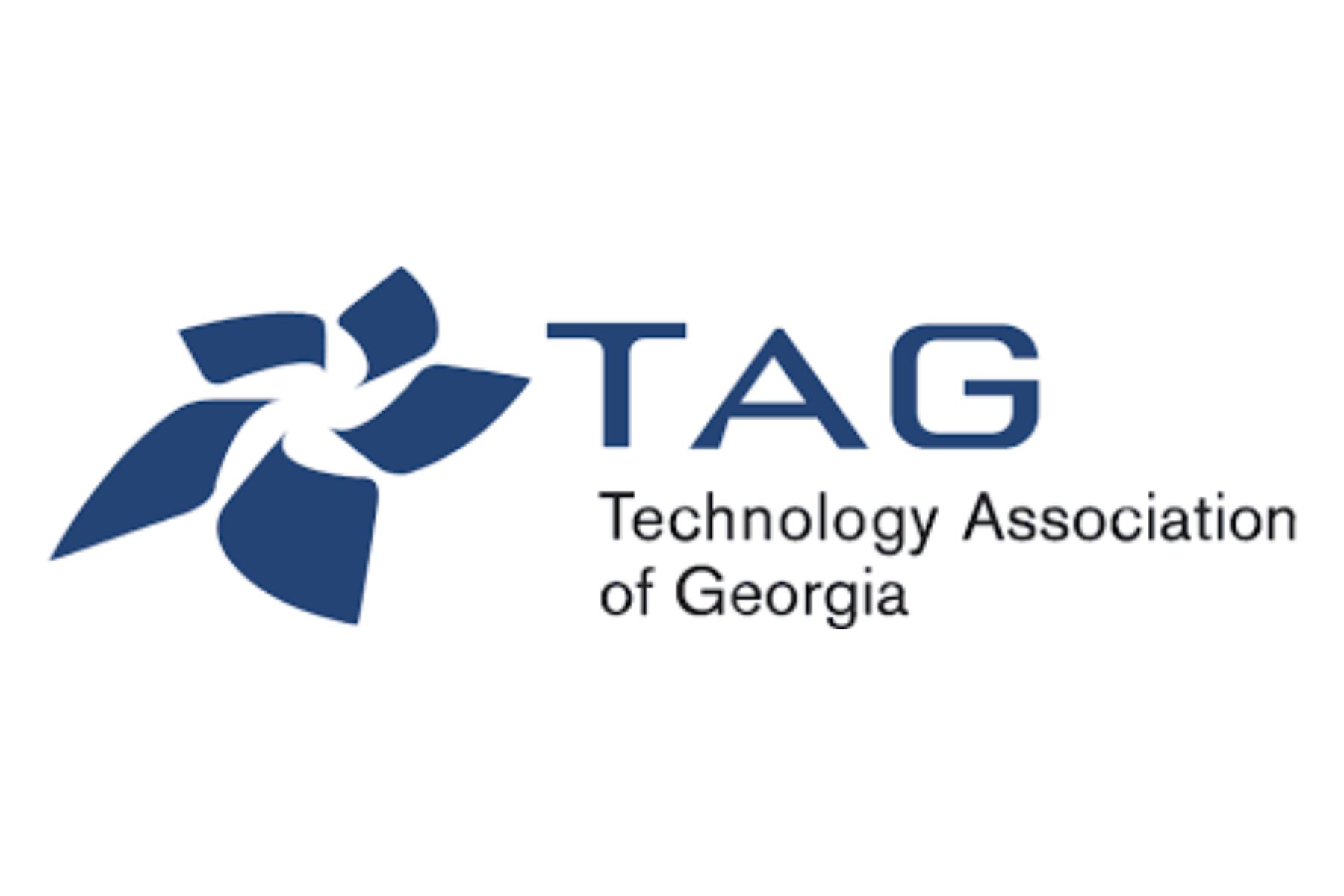Editor’s Note: This post was originally published in July 2022 and has been updated for February 2024.
We all know that when it comes to job hunting, we need to be prepared to talk about our experience and our technical skills and qualifications, along with any degree(s), certifications, and special skills sets we offer. These types of skills are known as “hard” skills. They are skills that can be taught and measured.
But have you given any thought to your “soft” skills? These are your “interpersonal” or “people” skills. They are skills that you don’t learn in school. Soft skills, unlike hard skills, are harder to teach and assess.
These days, potential employers are not only assessing your hard skills, but they are also looking at how you will fit with the team and the organization’s culture. Many surveys show that employers are placing a high value on soft skills and see them as just as important or even more important than hard skills.
According to a recent LinkedIn report, 92% of talent acquisition professionals said that soft skills matter as much as or even more than hard skills (2019 Global Talent Trends). In addition, 89% of respondents said that when a new hire doesn’t work out it is usually due to a lack of necessary soft skills.
Many employers believe that soft skills are an important component to a company’s success. Companies who hire employees with strong soft skills benefit through better leadership, increased productivity, improved teamwork and collaboration, and greater ability to attract new clients.
In these times of remote work and virtual meetings, soft skills are more important than ever, especially when it comes to communication and collaboration skills. In fact, one international report by Monster (The Future of Work 2021: Global Hiring Outlook) found that some of the most in-demand soft skills across the globe include:
- Teamwork and collaboration
- Dependability
- Problem-solving
- Flexibility
Another study, conducted by Wiley Education Services, found that critical thinking, communication, and creativity are the three most difficult soft skills for employers to find in the U.S. (Reimagining the Workforce 2021: Closing the Skills Gap).
While hard skills can be taught and assessed, soft skills are the opposite. They can be hard to teach and even harder to formally measure. While hard skills like being able to write code, speak another language, or operate machinery can be tested and proven, how do you measure someone’s communication or leadership skills? Can you measure how adaptable or empathetic someone is? Most soft skills are behaviors and attitudes and are more difficult to quantify.
Some companies offer tools and ideas for measuring soft skills. These include assessments, behavioral interviews, and simulations. However, in order for these tools to effectively measure soft skills, it is important that they are reliable, standardized, valid, and practical.
Here are some examples of soft skills:
- Communication
- Teamwork/collaboration
- Flexibility
- Listening
- Positive attitude
- Empathy
- Leadership
- Work ethic
- Assertiveness
- Time management
- Creativity
- Conflict resolution
- Adaptable
- Problem-solving
- Self-motivation
- Organization
- Work under pressure
We all have soft skills, but they vary from person to person. These depend on our personal experiences, our personality, and our beliefs. Some people have strong leadership skills, while some are great at problem-solving and working well under pressure. Some people are better at time management and teamwork, while others are more assertive and empathetic.
It is understandable that some jobs demand a higher level of specific hard skills due to the nature of their responsibilities. You may wonder why soft skills would be necessary, especially in a more technical role. For example, if you are a Java programmer, do you really need to have strong communication or self-motivation skills? It is true that knowing a specific programming language is an important skill, but you also may need to motivate yourself or manage your time to get your work done. Or you may need to communicate your project’s status to upper management. Would you be comfortable doing that or do you need to brush up on your communication skills?
Say you are an IT project manager leading a large team with looming deadlines. Do you have strong leadership and communication skills to direct your team? Are you a good listener when someone on your team has concerns? How are your time management and organizational skills? Are you flexible and adaptable as deadlines change?
When interviewing, it is entirely possible that you will need to showcase your soft skills in addition to your technical skills and knowledge. For example, you might be asked how you solved a problem or how you resolved a conflict with a team member. Or you may be asked about a time you had to be assertive or adaptable or lead a team.
Can you develop your soft skills? Yes – there are many programs that can help you. A quick search online shows several programs on LinkedIn, Udemy, TalentLMS – just to name a few – that can help you brush up on these skills. These programs take you through a series of helpful courses. Other ways to learn soft skills include attending workshops, working with a mentor, or even engaging in virtual reality and playing simulated games.
There are also ways to develop your soft skills on your own. This may require you to go outside your comfort zone. Here are some ways:
1. Observe others
2. Ask for and be open to feedback
3. Be ready to learn
4. Develop positive relationships
5. Take on a leadership role
6. Communicate with others
7. Work through conflict
This article also has some additional tips for strengthening your soft skills: https://post.edu/blog/7-ways-to-sharpen-your-soft-skills/.
The next time you are interviewing, remember to not only highlight your qualifications, skills, and work experience but to showcase your soft skills too. And when you land your next job, remember to use your hard skills and your soft skills in your new role – both of which will contribute to your success.
If you are ready to take that next step in your career, reach out to one of our expert recruiters at TM Floyd & Company. Our talented team is ready to match you to a job that best suits your skills and expertise and can coach you on your soft skills, too!
Resources
The Hard Facts About Soft Skills
How to Improve Your Soft Skills in the Workplace





